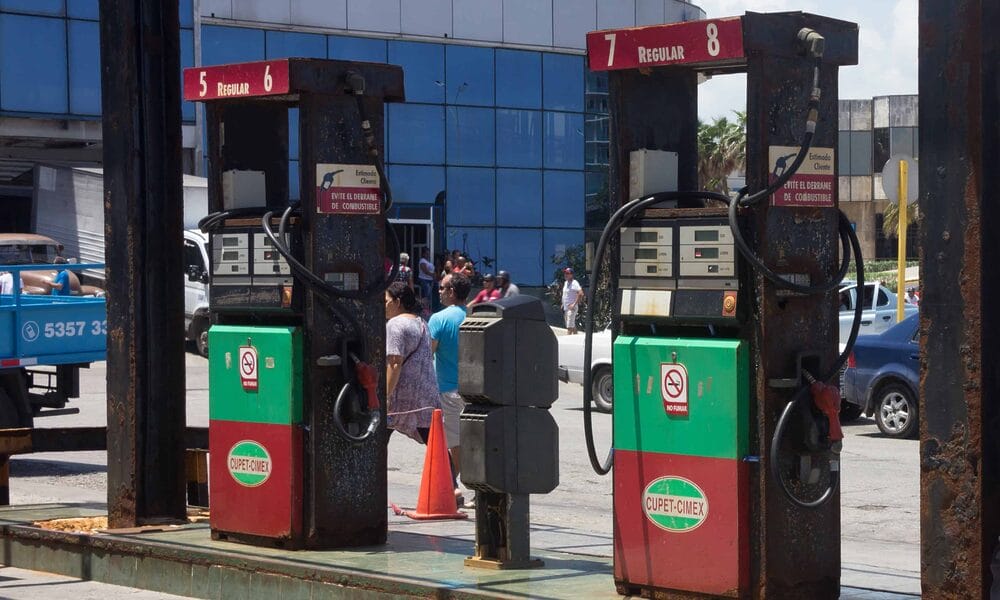Consequences of fuel price hikes in Cuba

As announced by various government channels and announced by the authorities at the end of December, fuel prices in Cuba will increase in a few days, with wholesale, retail and foreign currency costs for tourists. This, as expected, would have consequences for the “ordinary Cuban”.
In a Round Table television program, the Minister of Energy and Mines, Vicente La O Levy, spoke about the problems the country faces with fuel supply and distribution.
He said the increase in fuel prices responded to several reasons, including savings, but also the need to adjust the exchange rate and avoid subsidizing the tourism sector and foreign visitors.
According to the minister, Cuba needs 1.8 billion dollars a year to import diesel. “In 2023 we were only able to bring in 609,000 tonnes of diesel, which is equivalent to about 600 million dollars (a third) and that is felt. The same thing happened with gasoline.
Price-raising measures and their consequences in Cuba
Regarding the measures adopted to increase the price of gasoline, he explained that they have several motives.
“First, we must consider that the tourism sector and foreign visitors who come to the country exchange their currency at 120 x1, but the price of gasoline is 24 x1. That means we are subsidizing tourism abroad, a person who pays for gasoline at 1.30 USD in the world and here pays for it at 30 Cuban pesos.
“How to apply the measure? Well, creating a network of service centers that sell in foreign currency. But if at the same time we have another network of service centers that sell in national currency for 30 pesos, no one will buy in foreign currency. Prices today should be equal to the official exchange rate in our country which is 120 x 1, not 24 x1. Therefore, prices in the national currency will increase.
“With this increase in prices, we want to fulfill another objective, which is to regularize trade,” added the Energy and Mines Minister.
Real results for “ordinary” Cubans? What Cubans really worry about is that this increase will increase the cost of other services, such as private transportation, which is currently the mainstay of transportation on the island. Besides, the government has already warned of an increase in the cost of public transport. Something that remains to be reported.
The increase in fuel prices in Cuba will take effect on February 1st. But the results of price hike in private transport and some food items on the pretext of transportation can be seen from this week.





